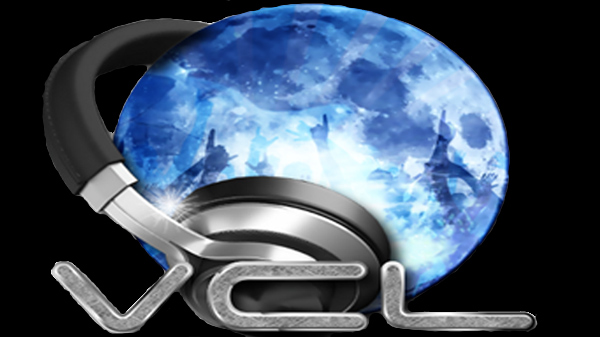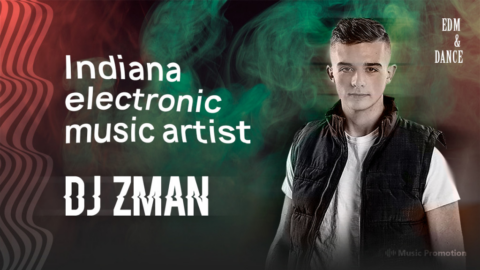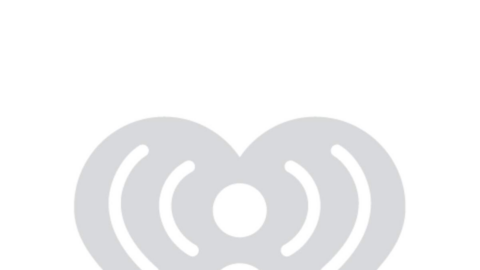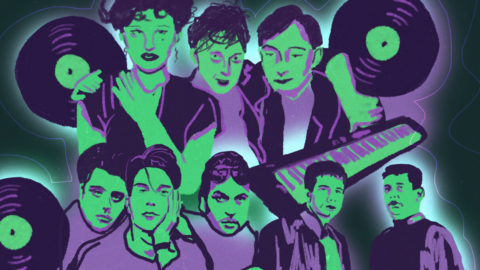Table of Contents:
Whether you’re working from home or studying for class, sometimes it’s nice to turn on a little music to help you tune out all the noise around you. It can be easy to get distracted if your partner is listening to the news in the family room or your roommate is Facetiming with a friend.
The idea that music can help improve your concentration and, in turn, your productivity isn’t a new concept. In 1972, the University of Birmingham conducted a series of experiments that concluded that background music could actually make you more efficient during repetitive tasks.
Take one look at Spotify, and you’ll find thousands of user-made playlists designed to help you get focused and work harder. Just by looking at a sampling of the playlists, you’ll quickly find that everyone is different.
Some users have curated playlists of classical pieces, smooth jazz, historical drama soundtracks, and even heavy metal tracks to help them grind through work and study.
But what is the best genre for concentration?
This may not be as much of a surprise to you as it was to me, but classical music is perfectly designed to promote a more active brain during passive activities at work. Don’t believe me? Just watch the brain activity of subjects listening to an 18th-century composer’s work during Stanford University’s 2007 experiment.
They found striking activity levels in the brain as they anticipated the transitions in the musical pieces, suggesting that music helps to sharpen awareness, sustained attention, and improves the ability to anticipate events.
In layman’s terms, listening to classical music will not only help you stay focused on the tasks at hand but will help keep your brain active and learning new skills in the process.
The key to all of this is to try out new classical music. Don’t just stick to Bach, Mozart, or Beethoven. Compile a playlist with pieces from Georg Benda, the Wranitzky brothers, or William Boyce. While it can be comforting to listen to familiar pieces, listening to new compositions will help keep your brain active and learning.
What if you don’t like classical music? Maybe you spent too many years learning piano as a child, or you fell asleep the last time you went to the ballet. Whatever your reasons, another unexpected genre can help you improve your concentration while you work.
Yes, you read that right. EDM can help to improve your concentration while you work. Upbeat music helps to promote positive feelings and can even encourage you to reflect on happy memories, keeping you focused and generally good.
While you may think of EDM as the heartbeat of summer raves, there’s a whole segment of the genre that contains upbeat, mellow, and happy tracks that will instantly improve your drive while you work. Just like with classical music, you’re going to want to find EDM music that has either limited or no lyrics. You don’t want to get distracted by singing along with your new favorite song.
Now, you don’t have to go out and find a playlist of pulsing electronic dance music. That might not be the best for everyone (though, by all means, get up and take a dance break!) EDM is a wide-reaching genre, including ambient electronic beats, which are the best for studying.
Check out this Ambient Electronic playlist on Spotify. It has an eclectic blend of familiar tracks from Blade Runner, Aphex Twin’s stimulating ambient sounds, and even a few edgy pieces by Carl Craig.
These are just two genres that help to promote concentration. Regardless of how many scientific studies you read, music is always going to be a personal experience. Where classical music may turn someone into an industrious worker, it might put you to sleep.
Browse through YouTube, Spotify, and even 8tracks to find a curated playlist that helps you focus on your work. You might be surprised to learn that you work best listening to the white noise of someone reading War & Peace or the dulcet tones of your favorite podcaster.













